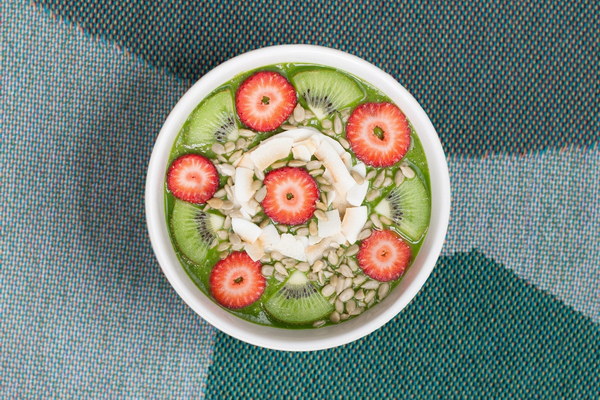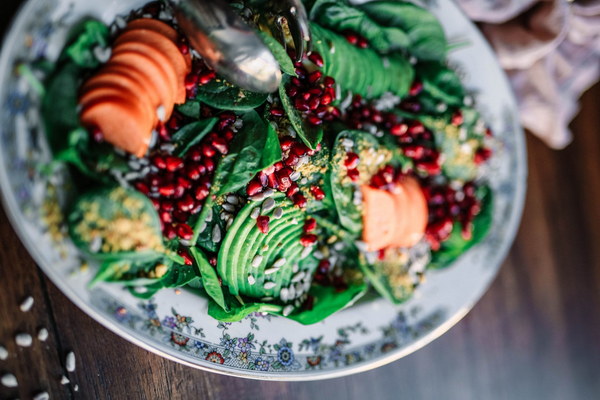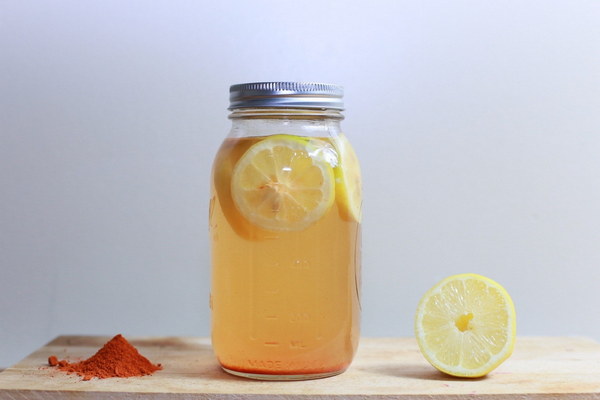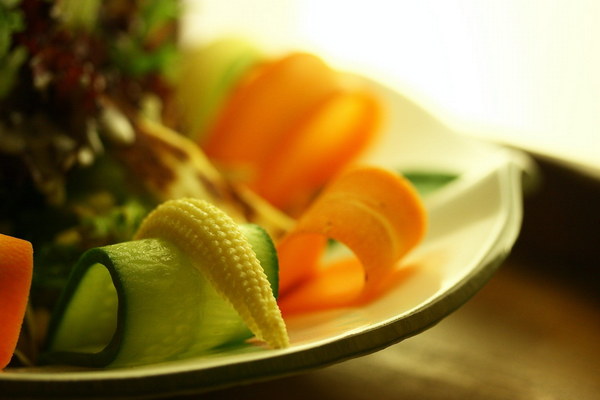The Essential Role of Copper in Pregnancy Nutrition Foods and Benefits
Introduction:
Pregnancy is a crucial period in a woman's life, where her body undergoes significant changes to support the growth and development of the fetus. Adequate nutrition is essential for the health of both mother and baby. One vital mineral that plays a significant role during pregnancy is copper. This article will explore the importance of copper in pregnancy, its benefits, and the best dietary sources to ensure an adequate intake of this essential mineral.
The Importance of Copper in Pregnancy:
Copper is a trace mineral that is crucial for the growth and development of the fetus. It plays a vital role in various bodily functions, including:
1. Formation of red blood cells: Copper is a key component of hemoglobin, the protein that carries oxygen in the blood. Adequate copper intake is essential for the production of healthy red blood cells, which are crucial for the proper oxygenation of both the mother and the fetus.
2. Bone and connective tissue development: Copper is involved in the synthesis of collagen, a protein that forms the structural framework of bones, cartilage, and connective tissues. Sufficient copper intake is essential for the development of the baby's skeletal system and for the maintenance of the mother's bone health.
3. Immune function: Copper helps support the immune system, which is crucial for both the mother and the fetus during pregnancy. A healthy immune system can help prevent infections and other complications that may harm the pregnancy.
4. Iron absorption: Copper enhances the absorption of iron from the diet, which is another vital mineral for pregnant women. Iron deficiency during pregnancy can lead to anemia, a condition that can cause fatigue, weakness, and complications for both mother and baby.

5. Energy production: Copper is involved in the production of energy in cells, which is important for the overall well-being of both the mother and the fetus.
Dietary Sources of Copper:
To ensure an adequate intake of copper during pregnancy, it is essential to consume a variety of foods rich in this mineral. Some of the best dietary sources of copper include:
1. Seafood: Shellfish, such as oysters, mussels, and clams, are among the highest sources of copper. Other seafood options, like fish and shrimp, also contain significant amounts of copper.
2. Nuts and seeds: Cashews, almonds, walnuts, and sunflower seeds are excellent sources of copper. Chia seeds and flaxseeds are also good options.
3. Grains: Brown rice, quinoa, and whole grain bread are good sources of copper. Fortified cereals may also contribute to the copper intake.
4. Legumes: Kidney beans, lentils, and chickpeas are rich in copper. These legumes can be a great addition to a pregnant woman's diet.
5. Fruits and vegetables: Prunes, potatoes, and sweet potatoes are excellent sources of copper. Other fruits and vegetables, such as asparagus, potatoes, and tomatoes, also contain significant amounts of this mineral.
6. Organ meats: Liver and kidney are high in copper but should be consumed in moderation due to their high vitamin A content.
7. Dairy products: Milk, cheese, and yogurt are good sources of copper, particularly when fortified with additional nutrients.
Conclusion:
Copper is an essential mineral that plays a vital role in the health and development of both the mother and the fetus during pregnancy. By incorporating a variety of copper-rich foods into the diet, pregnant women can ensure an adequate intake of this important mineral. Remember to consult with a healthcare provider for personalized dietary recommendations during pregnancy.









